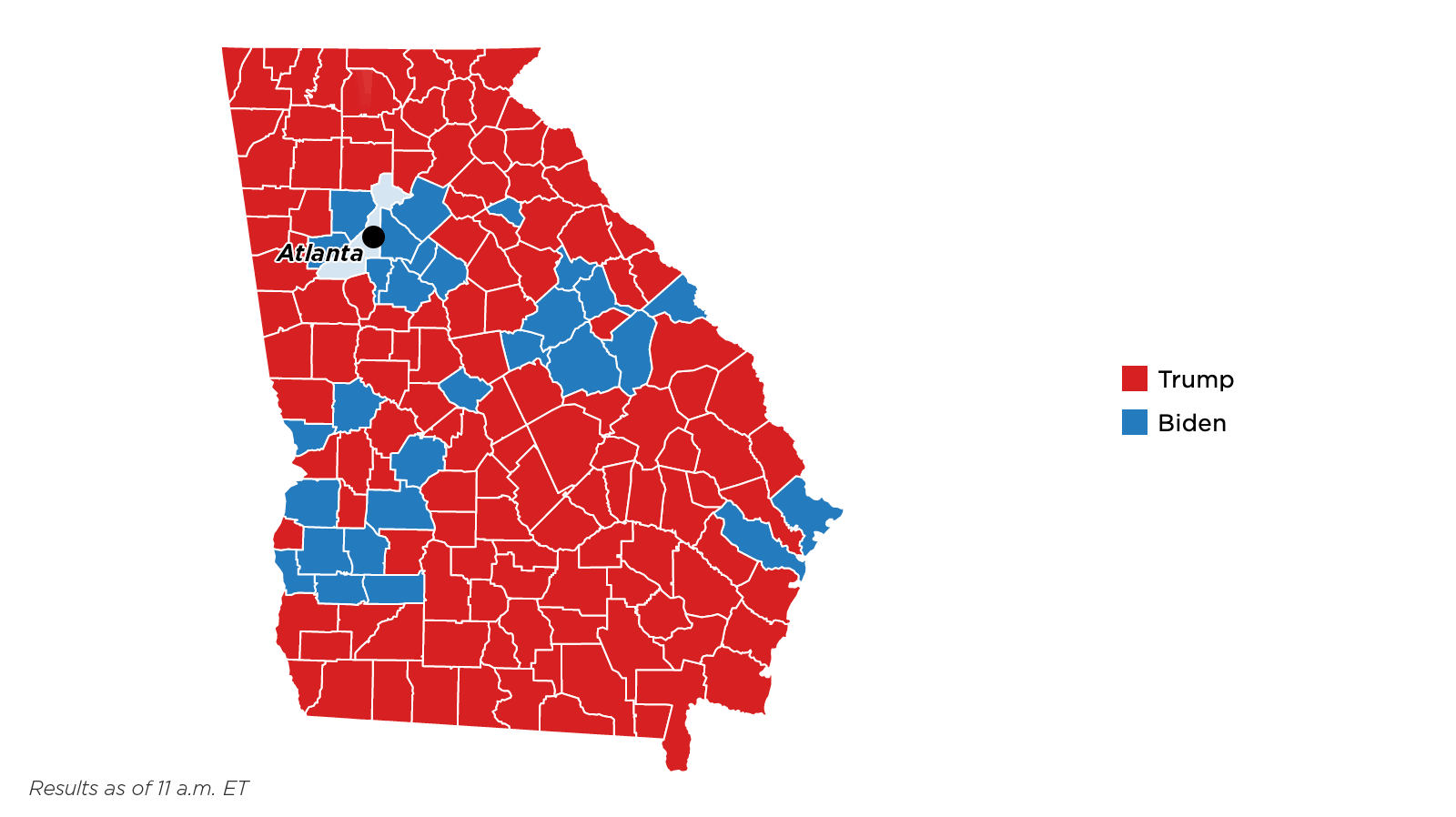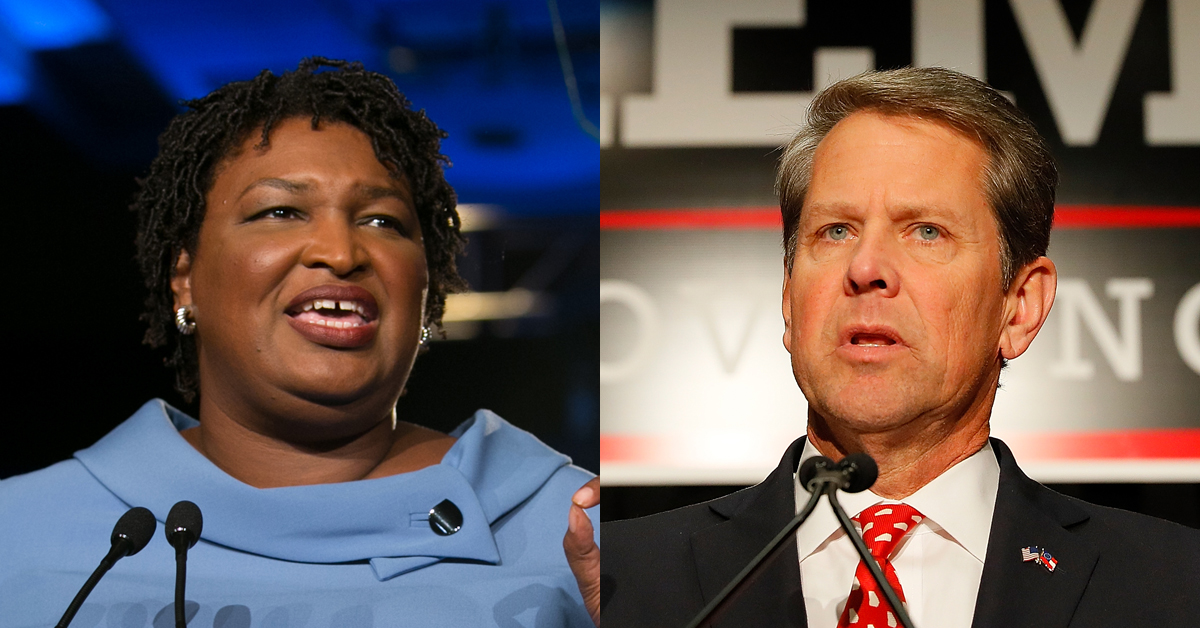
By: Park Macdougald
On Sunday night, Venezuelan President Hugo Chávez was elected to a 3rd consecutive term in office. Chávez defeated challenger Henrique Capriles of the opposition Democratic Unity (MUD) coalition in elections that have been alternately referred to as “the best in the world” and “fundamentally unfair.” Following the pattern of the last decade, criticisms of Mr. Chávez focus on the state of press freedom (rated “Not Free” by Freedom House) and Chávez’s extensive use of public expenditures to indirectly bolster his own re-election campaign.
The election results appear to be legitimate. Despite facing his strongest challenger since becoming president in 1998, Chávez still won an election marked by exceptionally high turnout (81 percent of Venezuela’s eligible voters) by a comfortable margin of 10 percent. Voter fraud or ballot stuffing are both improbable. The electronic voting system, which has been audited and approved both by the MUD and international election monitors, seem like something straight out of Rick Scott’s dreams. To vote, Venezuelans must scan their thumbprints at the polling place to ensure they are both registered to vote and have not already voted. After receiving clearance, the thumbprints are randomized in order to safeguard against feared “reprisals” directed towards opposition voters. Voters cast their ballot on an electronic voting machine, which then prints their receipt. Voters confirm that receipt and cast it as a paper ballot. The voting machines are protected from tampering by a three-part encryption, the constituent parts of which are submitted by the government, the opposition, and the judiciary. Any sort of centrally directed voter fraud, such as the kind alleged in 2006, would require the opposition’s encryption key, an unlikely scenario even in the eyes of the regime’s most vociferous critics.
The brunt of the accusations against the regime, however, rest not upon allegations of outright fraud, but on more subtle ways of influencing the election, chief among them media censorship and misuse of state funds. The latter is likely – the Chávez government engaged in a massive spending program to create an artificial economic boom in the months leading up to the election – but the former is not so cut-and-dry.
One of the most consistent criticisms of Chávez’s presidency has been his ostensible hostility to freedom of the press, a sacred pillar of Western neo-liberal societies. Purported ‘crackdowns’ on critics of the regime have resulted in Chávez being labeled a “dictator,” using his “near monopoly control of the broadcasting media” to silence all voices of dissent. Laws in Venezuela (which predate the Chávez regime) require that all broadcasters operating on public airwaves televise presidential speeches, which, in the case of Chávez, can be exceedingly long and dull. In addition, laws regulating the amount of television time for political candidates gives the incumbent a further advantage in on-air face time. However, despite the perks of incumbency, the accusations of a media monopoly are absurd. Venezuelan state TV channels had an audience share of 5.4 percent, leaving 94.6 percent of the population to watch privately owned broadcast and cable and satellite channels. The internet remains uncensored. Regulations exist concerning the content of news broadcasts (no sexuality, limited violence until after 8:00 pm), but opposition friendly news dominates the airwaves of the privately owned stations, and to insinuate complete state control of the media is absurd.
Furthermore, any accusations of media ‘crackdowns’ ignore the activist role of the private media in Venezuelan politics. One of the flashpoints of these accusations was the decision by the government, in May 2007, to refuse to renew the broadcasting license of the popular anti-Chávez station RCTV. Coverage in the American press generally focused on the sinister nature of a supposed authoritarian silencing opposition voices, but this reading of the situation ignores some of the fundamental relationships between the Chávez government and the private media.
The privately owned media, far from being an independent source of information, is by and large is run by wealthy, pro-United States businessmen, many of whom constitute the class of former 20th century oligarchs, and who have seen Chávez’s social programs, anti-US foreign policy, and nationalization of major industries cut into both their profits and social control. RCTV, the heroes of the American media narrative, were implicated in the 2002 military coup attempt (linked to the Bush White House) that attempted to depose Chávez and replace him with a pro-US president. Rather than merely reporting on the crisis, RCTV, (as well as other private media stations) edited footage to create the illusion of Chávez supporters opening fire on peaceful protestors, advanced the false narrative that Chávez had resigned and endorsed the coup, and suppressed information about factions of the army remaining loyal to Chávez. All of this was done in order to gain immediate diplomatic recognition from the United States and Spain and secure the new government. After the coup failed, its leaders fled to the United States, often becoming media ‘experts’ on their country of origin. Similarly, opposition media narratives about the recent election – such as the accusation that voter registration rolls would be used to track down opponents of the regime (despite the inaccuracy of this statement) – have served not merely as legitimate political opposition but as an attempt to delegitimize the regime at home and abroad.
Hugo Chávez is likely not a good man. He is clownish, belligerent, and over the past 13 years his regime has ossified and become corrupt. However, all criticisms aside, Mr. Chávez is not a dictator. His policies have by and large made life for the average Venezuelan significantly better over the length of his presidency, and we should not be surprised that his people have chosen to elect him for a third term. We also should not buy into the false narrative of anti-democratic media consolidation, when it is the very voices selling this narrative that are the most guilty of anti-democratic sentiments themselves. We don’t have to like Mr. Chávez, but if we claim to support democracy, we will have to support it even when we don’t like the results.

